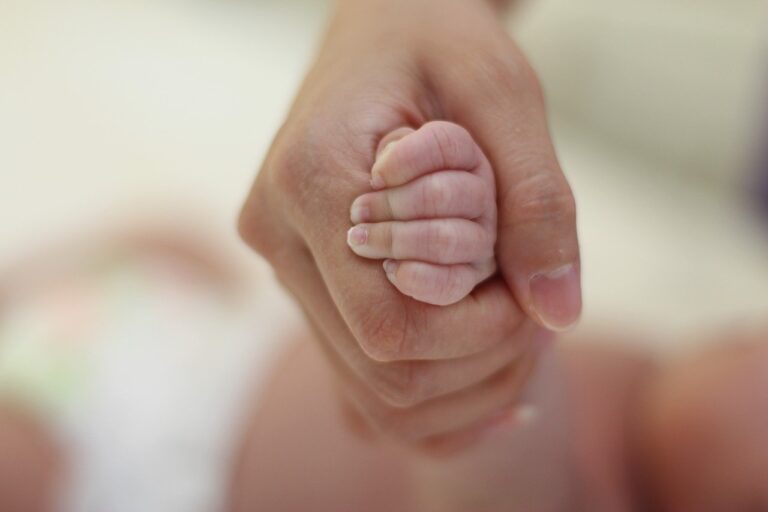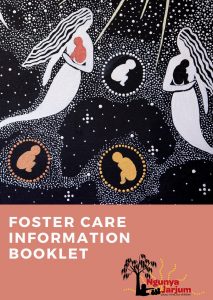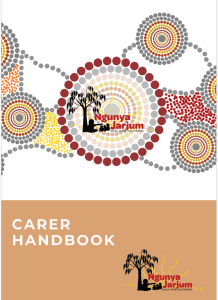Would you like to become a Ngunya Jarjum Carer?
We are constantly looking at increasing our carer numbers. If you believe you have what it takes to make a positive difference in the life of our jarjums, then please consider applying. Details of various types of care are as follows:
Kinship Care
Relative or kinship care is a type of care that places a child or young person with a relative or someone they already know, for example a grandparent. In Aboriginal communities, kin may be a relative of the child or young person or someone who shares a cultural or community connection. Being cared for by relatives or kin also helps children avoid the trauma of being placed in unfamiliar environments. Unfortunately, not all children or young people have family or kin who can care for them, so foster carers from the wider community are vitally important.
Long Term Care
Long term carers provide much needed stability, safety and security for a vulnerable child or young person who cannot return home for a longer period, if at all. They may need support for a period of years, or until they reach adulthood.
Short-Term and Medium-Term Care
Sometimes children and young people need to stay with someone to support them while their parents or family are working on making changes so their children can be returned to them. Or they may be waiting for a decision from the Children’s Court on their long term future. These placements may last several months.
Respite
From time to time, parents and carers need a break from their caring role. Respite care is for short periods of time such as weekends, once a month or during school holidays. Respite carers provide crucial support for the child’s regular foster carers, by giving them a break.
Emergency Care
Emergency care provides a secure, safe place for a child or sibling group when there are concerns for their immediate safety. Referrals are received 24 hours a day and placements may be made after hours. Carers may be asked to provide care at very short notice.
We’ll provide you with extensive training, 24 hour casework support, a fortnightly allowance to cover day to day expenses and activities.
To become a carer you need to be:
• An Australia Citizen or perm resident
• In good health
• Able to obtain clear WWCC and NCRC
• Able to commit to keep Aboriginal children connected to their families and Aboriginal Cultures
Our Foster Care Information Brochure and Handbook

Ngunya Jarjum values the importance to practice in accordance with the Aboriginal Child and Young Person Placement Principles and will observe the hierarchy of placement order in our decision making of placement for Aboriginal children.

